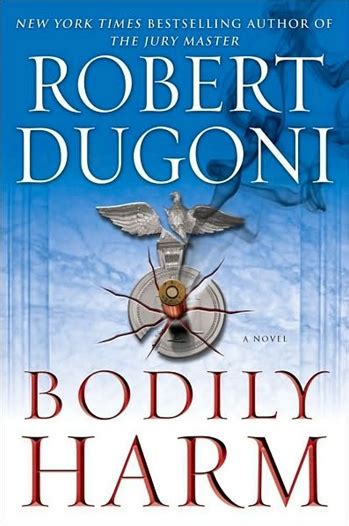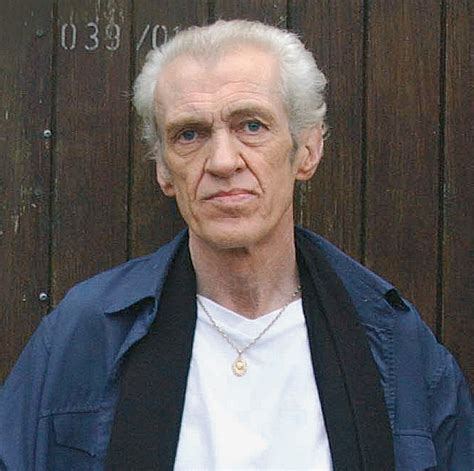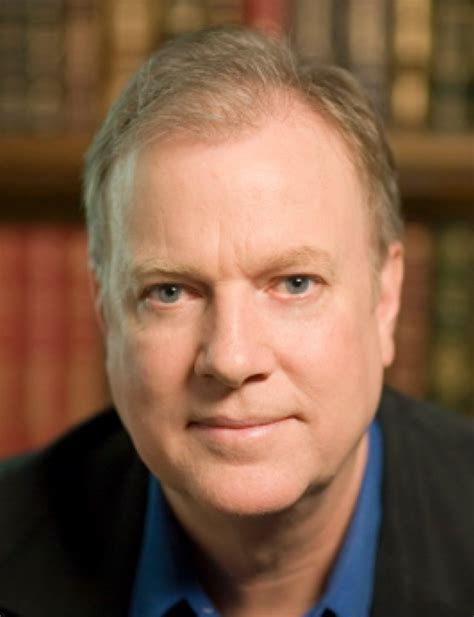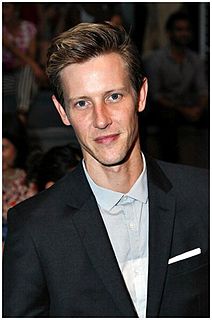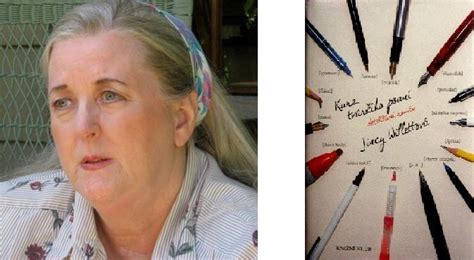A Quote by Mark Billingham
I admire writers such as Elmore Leonard who can nail a character in three or four lines of dialogue, so he doesn't need pages of back story or clumsy exposition.
Related Quotes
Clifford paints true-to-life characters with the same gritty touch as the best of Dennis Lehane. Straightforward and edgy, Lamentation gnaws with nail-biting tension on every page. A must-read for contemporary hardboiled mystery fans who appreciate the type of terse dialogue and real life conflicts and settings Elmore Leonard so richly brought to life.
You might have, as a character, 30 pages of dialogue a day if you're what they call a 'front-burner story.' So you go home, you learn your lines for the next day, you get up, you're there at 7 in the morning, you do a quick rehearsal, you're on camera, you might leave, you know, at 7 at night and start the whole thing over again.
The way we learn to write is the way we learn to talk: We listen to others and start mimicking speech, and that's how we come to become speakers. Writers you admire, you admire the way they plot, you admire the way they create a character, you admire the way they put a sentence together, those are the writers you should be reading.
Many writers struggle with exposition in their novels. Often they heap it on in large chunks of straight narrative. Back story – what happens before the novel opens – is especially troublesome. How can we give the essentials and avoid a mere information drop?
Use dialogue. First, create a tension-filled scene, usually between two characters. Get them arguing, confronting each other. Then you can have the information appear in the natural course of things.
Dialogue is generally the worst choice for exposition. When you're writing lines you need to focus on the way people actually talk. And when we talk to each other we never actually explain our terms. We don't say 'Sweetheart, would you pass me the sugar bowl, which we picked up for a song at that antique stall in Munich.'



